Week in OSINT #2023-47
It is another Monday, so I have gathered some interesting content from the world of OSINT for you!
Hello Monday, here is another short update with some interesting things I found last week. Another last minute edit here or there, that is why this episode is published slightly later. This is not a recent thing, since I do have to juggle several things: Private life, work, and writing this. So be prepared to see the Week in OSINT become a bi-weekly thing, see it published on irregular intervals, or maybe I decide I turn it into a lengthy monthly edition. Not sure yet, but at least there is this weeks' content for now:
- Urlhunter
- Verify Leaked Information
- Declining Google
- Detecting A.I.
Tool: Urlhunter
The GO script 'urlhunter' by Utku Sen [ ] can be used to find information that is shared via link shorteners like bit.ly or goo.gl. It uses indexed links, created by the 'Archive Team'. By selecting a data range and keywords, it goes off and retrieves the available content for analysis. Do remember that not all dates are available, and it is best to manually check what is available by checking here: https://archive.org/details/UrlteamWebCrawls
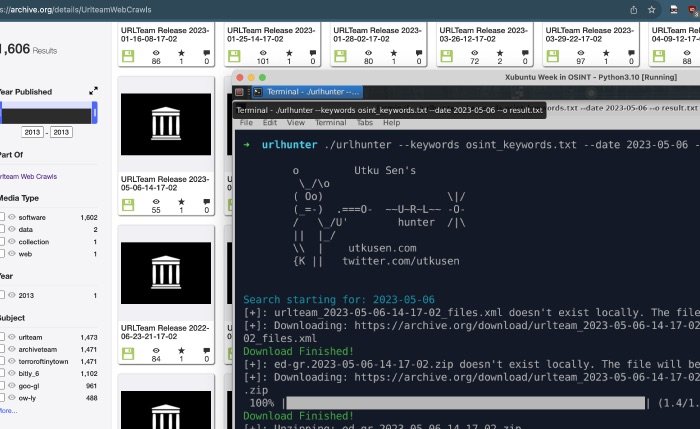
Link: https://github.com/utkusen/urlhunter
Tutorial: Verify Leaked Information
Ben Heubl [] wrote a lengthy article about how he goes about to verify leaked data. In his article he uses Russian leaked personal information as an example, but his checklist and workflow can be used for any information leaks out there. He breaks it down into several steps, and even scores outcomes, to create an overall verdict. I really like this approach, and am happy that he shared his insights in this post.
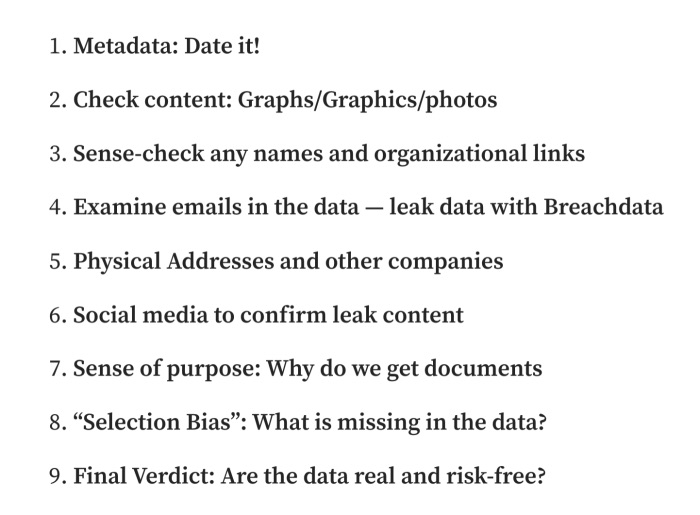
Link: https://medium.com/@techjournalism/...
Article: Declining Google
Earlier this month Cyber Detective [ ] asked in a poll whether the Google results have been getting worse in recent years or not, and I have to agree with the outcome. As long as you are extremely specific with your search queries, Google is not the best search engine out there any more. Reverse image search is also a shadow of what it used to be, and I sometimes need to set several filters to find the news I am looking for. Interesting article, with some good takeaways and tips!
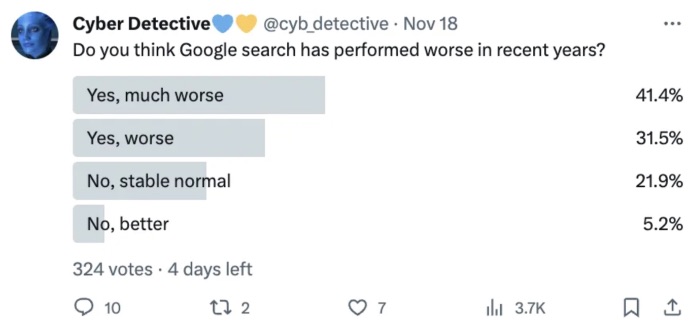
Link: https://publication.osintambition.org/...
Links: Detecting A.I.
The last years there have been an enormous growth in artificially generated content. Not only does A.I. gets more advanced, but the sheer amount of free platforms out there, make it easy for people to use it. OSINT Ambition []
shared some interesting links on X, that can help you detect A.I. generated content. I took an image that I generated some weeks ago, and had it checked by 'AI or Not', and it detected the high probability of being a generated image.
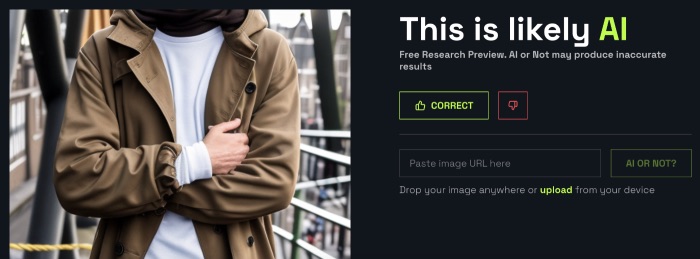
Link: https://www.aiornot.com
Link: https://app.illuminarty.ai
When it comes to generated text, there have been several sites out there that can detect such texts. And they seem to deliver solid results when you feed them pieces of text.
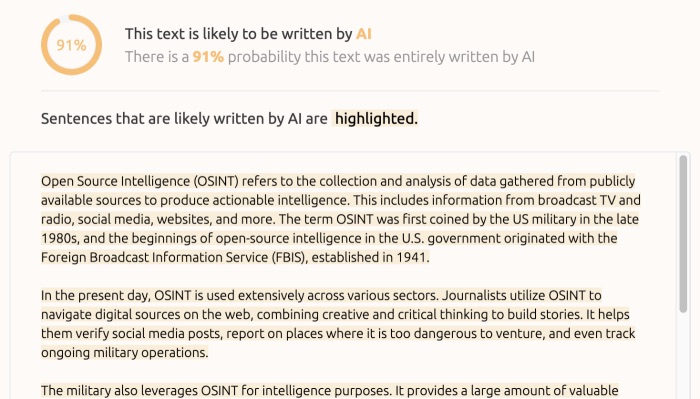
Link: https://contentatscale.ai/ai-content-detector
Link: https://copyleaks.com/ai-content-detector
Link: https://gptzero.me
Do remember that these results can give false positives, so make sure to weight these results, and make sure to find corroborating evidence if possible. And also be aware that not all generated images or videos might be detected. There are several techniques out there that make it difficult to detect them, but this field is also rapidly advancing.
FUNINT: This Week's Meme
Black Friday and Cyber Monday... Every year...
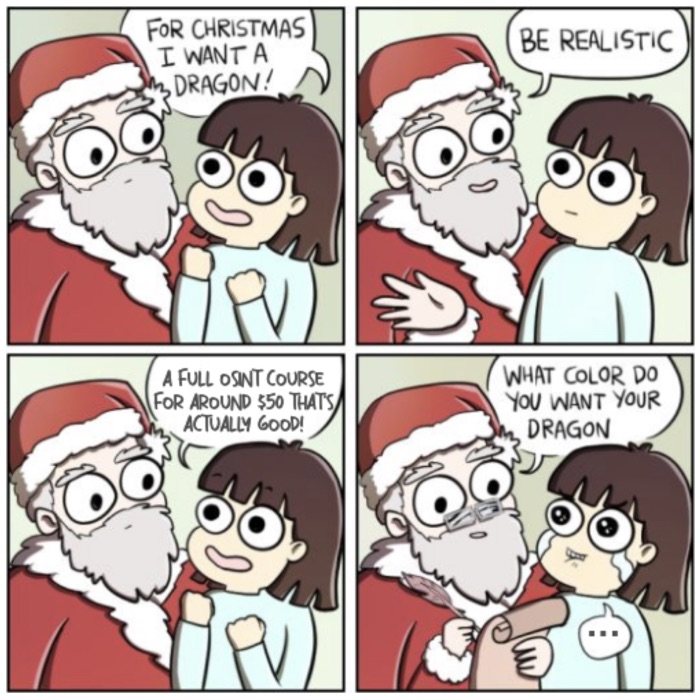
Have a good week and have a good search!
